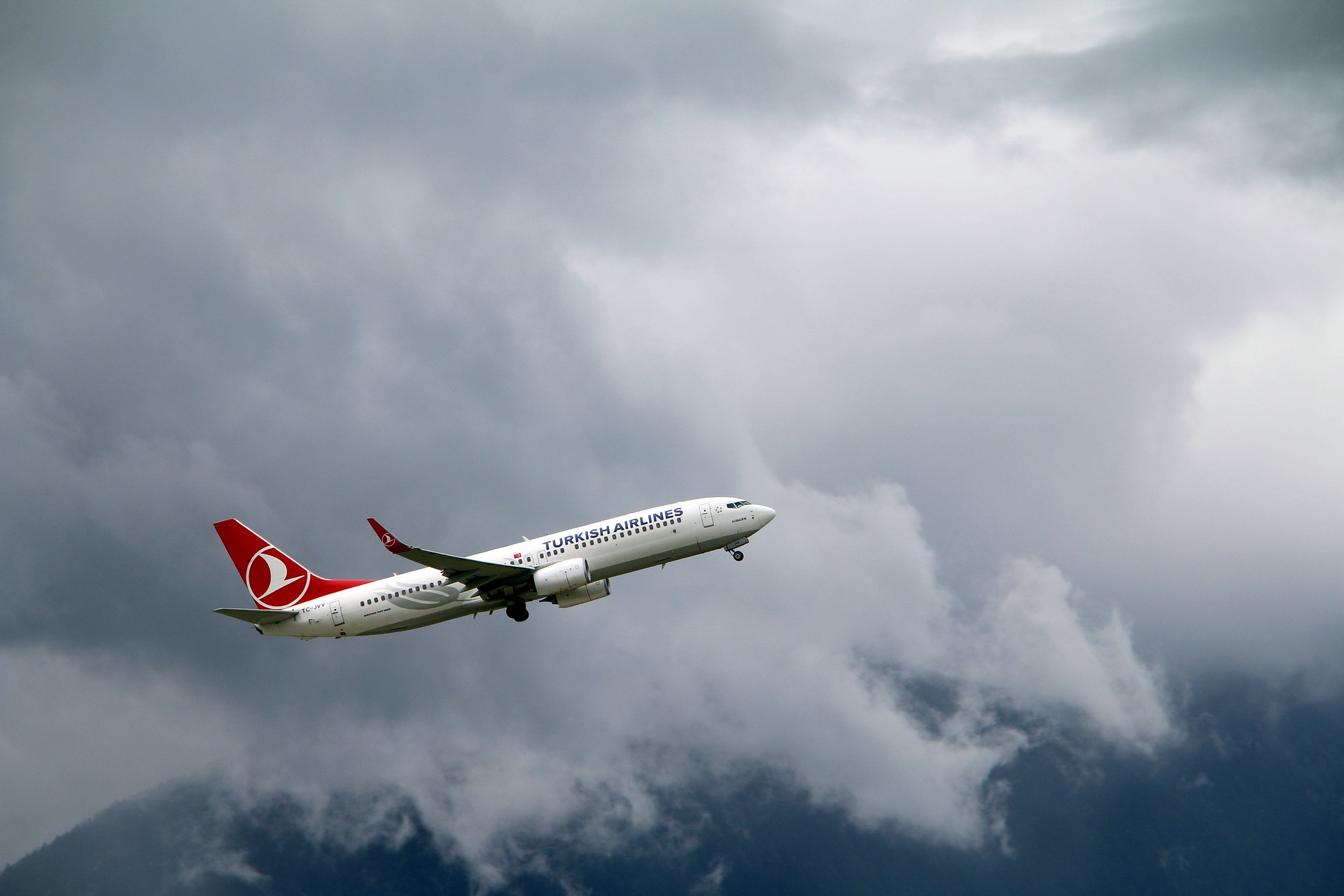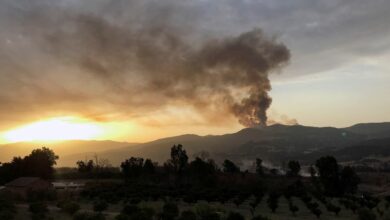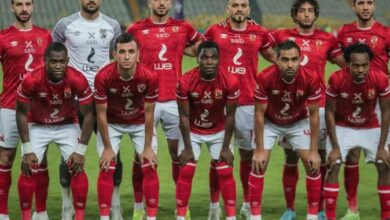ALGIERS, Algeria ― Polls have opened in Algeria for parliamentary elections being billed as the fairest in 20 years and featuring 500 international observers.
There are 44 political parties competing for 462 seats across this vast oil-rich North African nation of 35 million people.
The government has repeatedly described Thursday's voting as vital to the country's future. But most Algerians have shown little interest.
The main competitors are two government-affiliated parties squaring off against a three-party bloc of Islamists known as the "Green Alliance." No one party is expected to dominate.
The last fair elections, in 1991, were dominated by the Islamic Salvation Front Party, but the military canceled voting, triggering a more than decade-long civil war that killed an estimated 200,000.
Years of rigged polls and a weak legislature have left people cynical about politics in this oil rich North African nation.
In the end, most observers believe that how many Algerians bother to vote will be more important than how well the 44 parties competing do.
Elections in 2007 saw a turnout of just 35 percent and for the past several months the government all the way up to powerful President Abdel Aziz Bouteflika have been pleading for people to come out and vote, in an election billed to be the freest in years.
The Arab Spring pro-democracy uprisings that engulfed the region have largely bypassed Algeria, but while the nation's wealth has helped stave off unrest, faith in the political process appears broken.
"All the parties are the same, filled with scammers and the corrupt," said Hamid Bouchna, an unemployed university graduate with a degree in electrical engineering, standing outside a stadium where a party rally was being held.
The president is promising reforms and free elections with international observers to placate a restive population. But the three weeks of election campaigning that ended Sunday were characterized by low turnouts at rallies, defaced election posters and a populace that seems immune to government promises that this time will be different.
"Boycotting is the only possibility that remains for the Algerians to express themselves without risk," sociologist Nasser Djabi said. "It is a form of protest. It's saying 'I don't care, I want nothing to do with politics, I don't like these parties, parliament is useless.'"
Abdelaziz Belkhadem, head of the governing National Liberation Front Party, has predicted a turnout of least 45 percent.
On Thursday, 21.6 million Algerians are registered vote for the 44 parties, half of which were just legalized this year. The parties are competing for a 462-member parliament that Bouteflika promises will have a say in rewriting the constitution.
The elections are expected to produce a fractured legislature divided between government parties, an Islamist alliance and a smattering of smaller groups. Many observers believe the president will then weld together a government of national unity of the main parties to implement his reformist agenda.
During the campaign, most Algerians showed more enthusiasm for the final matches of the Algeria league football club championships and even the presidential election in France, Algeria's former colonial master.
As the campaign ground on, newspapers were filled with news of sporadic Al-Qaeda attacks and small protests around the country over lack of jobs and housing. Unrest erupted then subsided after a man fatally set himself on fire in April in the eastern city of Jijel after police cleared away his illegal cigarette stall, an act that echoed the self-immolation of a vendor in Tunisia that set off the Arab Spring.
Algerian authorities are hoping to present an image of reform and change to the world, allowing in 500 foreign observers.
After initially welcoming in the observers from the European Union, African Union and other groups, the Algerian government forbade them from seeing the national election lists and warned them against being overly critical after the EU observer mission said it would not give the government a "blank check."
The European Union observation mission "must pursue their task with discernment, impartiality and objectivity and with discretion, far from polemics or escalation that could prejudice the credibility of its mission," said the Foreign Ministry in an official statement.
The opposition Socialist Forces Front, one of the few credible non-Islamist opposition groups, sees the international presence as a big step forward for Algerian democracy.
"The Western democracies will no longer allow the falsification of the will of a people, so there is a glimmer of hope that these elections will not be rigged," said Mustefa Bouchachi, a human rights lawyer heading the party's list in Algiers.
During the campaign, the state media for the first time gave something resembling equal time to opposition parties, though the Algerian League for Defense of Human Rights said Tuesday that state media still favored the ruling parties and forbade any points of view calling for an election boycott.
In their campaign speeches, the leaders of the two pro-government parties have tried to dismiss the Arab Spring as a sower of turmoil.
"The Arab Spring for me is a disaster, we don't need lessons from outside, our spring is Algerian, our revolution of 1 November 1954," said Prime Minister Ahmed Ouyahia at a rally Saturday of his National Democratic Rally.
Like other government politicians during the campaign, he clung to familiar themes, citing the start of the bloody independence struggle against France that ended in 1962 ― rhetoric that has little resonance with the 70 percent of the population that is under the age of 30 and afflicted by a 20 percent unemployment rate.
The last group to truly mobilize the country toward change were the Islamists of the Islamic Salvation Front, known as the FIS. They nearly won the 1991 elections until a military coup banned them from politics and plunged the country into a decade long civil war that claimed 200,000 lives.
"I voted once for the FIS but that didn't work out, so no more," said Mourad Slimane, a middle-aged cab driver as his taxi idled in Algiers' torturous midday traffic. "There is no real opposition."
Surfing on a region-wide wave of Islamist victories, Algeria's new generation of Islamist parties is hoping to recapture some of that popularity ― but the message this time is more economic than religious.
Amar Ghoul, the lead candidate in Algiers for the Islamist Green Alliance, spent much of the campaign courting poor people in neighborhoods like Harrache.
"These elections are not just about the parliament," he said after meeting with an elderly woman whose house was falling down around her. "It is for a new government, representative and effective."
Abou Djara Soltani, leader of the Movement of Society for Peace Party, the largest in the three-party Islamist bloc, told journalists Monday that he expected his alliance to take the biggest spot in the parliament, if not an outright majority.




